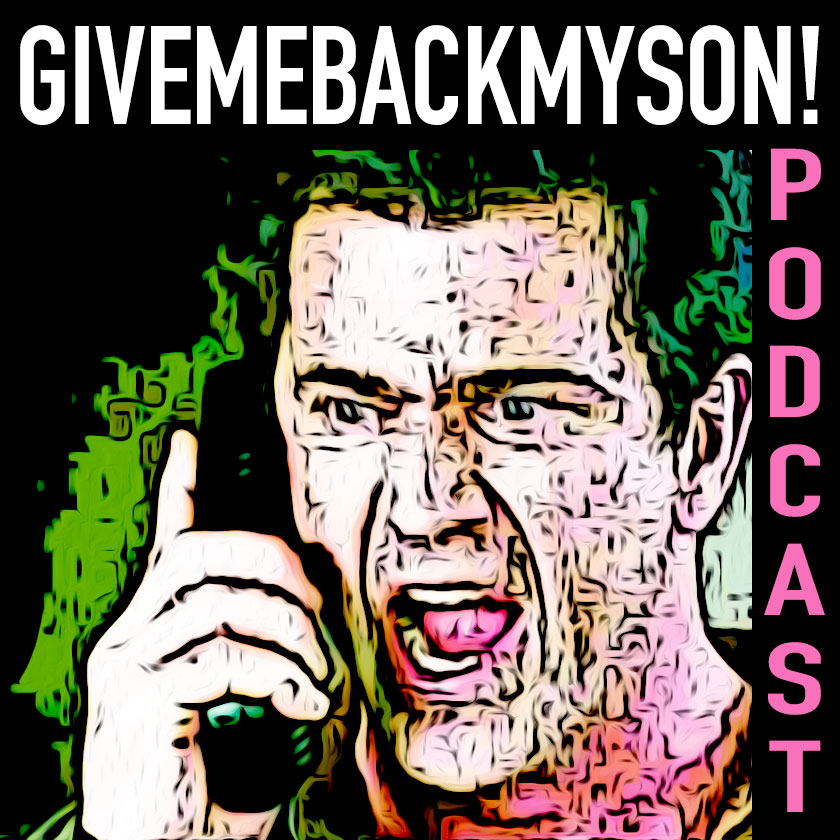“They say the war was terrible,” narrates our plucky protagonist, and just like that we’ve been thrust into yet another teenage-centric dystopian future where oppression is the new hotness. We descend on an overgrown Chicago. A distant future where people have been separated into districts… ahem, excuse me … “factions.” The go-to storytelling device of societal oppression, class systems.
Divergent, along with just about every other young adult dystopian story, is obsessed with its clever ideas. Right from the outset we’re mired in copious amounts of exposition. Tris (Shailene Woodley), the plucky protagonist mentioned earlier, is tasked with getting us up to speed on the happenings of this supposed utopian society. The prologue is a dense jumble of plotting. The factions are named and explained — Abnegation (selfless), Amity (peaceful), Candor (honest), Dauntless (brave), and Erudite (intelligent). At some point I assume we’re supposed to let out a collective gasp at how original and creative this concept seems. Then we realize it’s simply a cliffnotes version of the Boy Scout Law (wonder which one of those factions is the thriftiest). At any rate, the factions each perform a certain service for the society. This is all covered at length during the endless stream of expository dialogue that comes gushing out of the mouths of the movie’s would-be characters.
Giving each faction one main trait seems almost like an excuse to write completely flat, under-developed characters. Tris, of course, is different. Because all teenage heroines who threaten the standard rule of law in dystopian futures must not conform. They’re rebels.
Since most of the movie is comprised of scenes that discuss what the movie is actually about, I had trouble plotting out this review. Steering away from simply regurgitating the story and how Tris navigates it is indeed a difficult task. When you’ve spent two hours being simply directed through a particularly uninteresting labyrinth of ideas that were better conceived in past sci-fi movies and novels, it’s hard to not get caught up in it all.
There’s so much telling, and so very little showing. Show us the oppression. Don’t just tell us about it in voiceovers. Divergent lacks any sort of emotional connective tissue. At least The Hunger Games movies have a semblance of humanistic emotion. Divergent is void of any sort of societal context. We’re only allowed to know what we’re told. The characters aren’t given any wiggle room to show us the true horrors they live amongst. Divergent is so in love with its own plot it drops characterization by the wayside.
With so many of these angst-driven sci-fi teen dramas coming out, a formula is taking root. A needlessly detailed prologue leads us in; we’re introduced to a young heroine with a wacky name who refuses to conform; segregation occurs; training commences; coming-of-age initiates: unlikely friends emerge; forbidden romances blossom; and eventually the oppressive powers-that-be meet their greatest threat. Divergent ticks away like clockwork, checking off all mandatory boxes on its dystopian-future checklist. Without any original thoughts, it flounders along defunct of heart or worthwhile characters.
It’s too bad, since Woodley is such a superb actress when given the right material. Check out her work in The Spectacular Now and then watch Divergent. You’ll understand what you’re missing. She does the absolute best with what she’s given, but the script is so bland, so sanitized. Never challenging the viewer (or in the case of Veronica Roth’s novel, the reader) to think for themselves. The generic instructions are laid out; all that’s left is to match the numbers with their corresponding colors and presto! A mediocre story, which hopes one day to be the next big billion dollar franchise.
Divergent is a soggy story, bogged down by dopey romance, and wooden characters. It’s hard to fault Woodley for wanting to helm her own YA franchise as an up-and-coming young actress, but sadly she’s overqualified for such derivative drivel.










